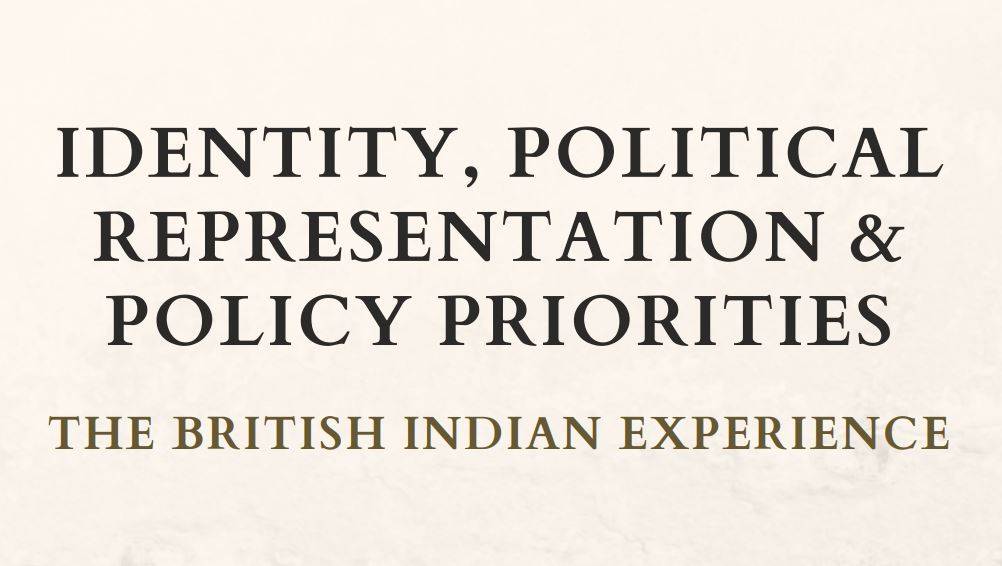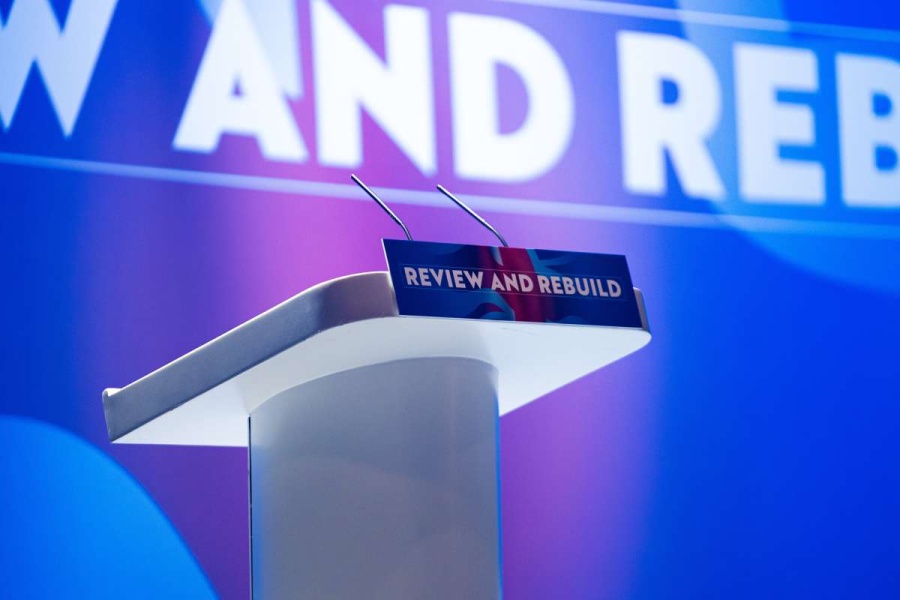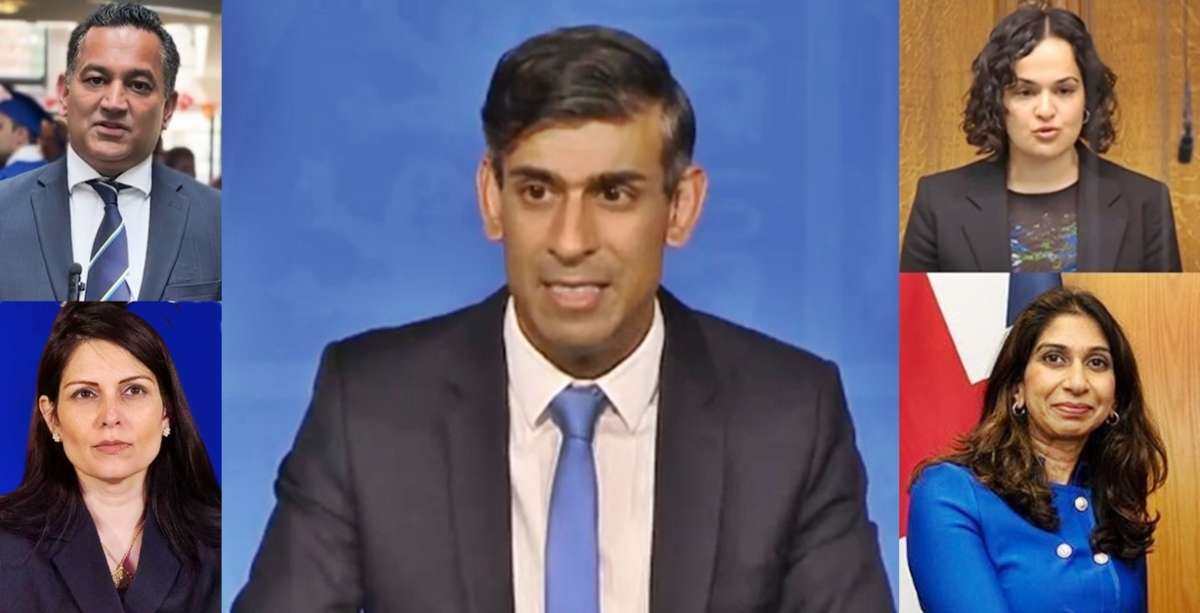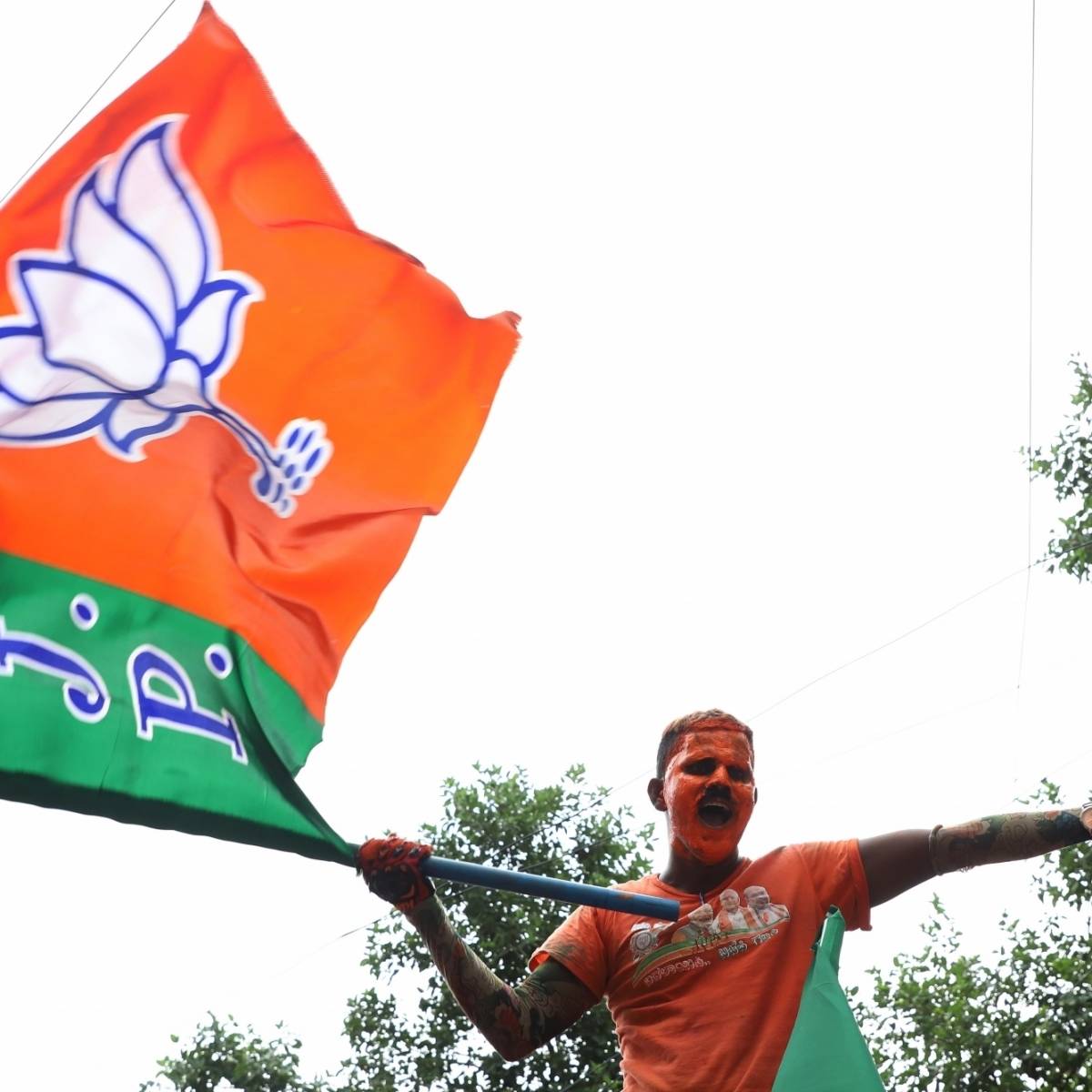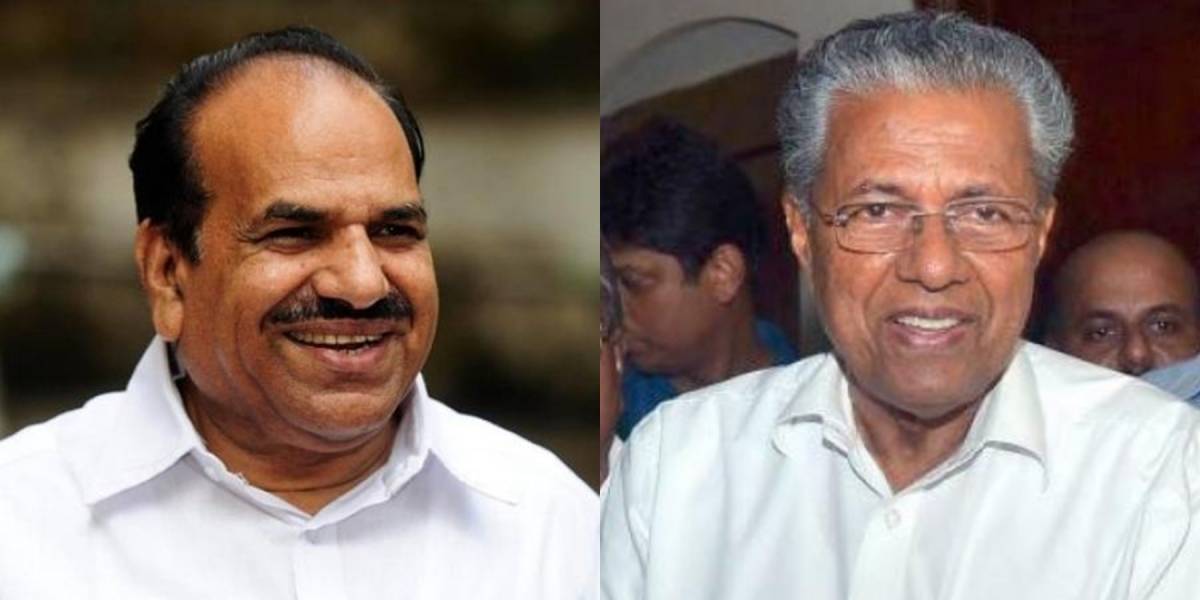The report from the 1928 Institute, a University of Oxford backed think-tank, reveals that British Indian voting patterns and political disconnections. Data suggests British Indians are likely to vote Conservative, despite voting Labour in 2019 ….. A special report by Kaliph Anaz
As Britain goes to poll tomorrow to elect their local representatives, a study shows more headache for Labour leader Sir Keir Starmer. Analysis of over 2,300 British Indians across the country shows that despite the majority (36%) voting Labour in the 2019 General Elections, the 2021 local elections will see a shift, with British Indians now showing support for Conservative party (33%) and Labour falling behind at 31%.
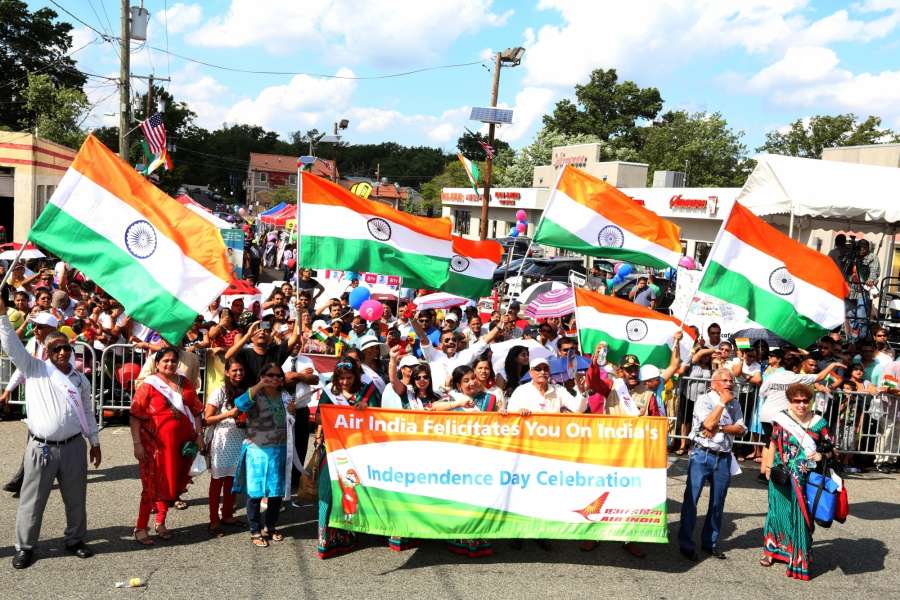
The study considered migration paths, religious identities, and geographical locations in the United Kingdom. The study shows younger voters are more inclined to vote for Conservative, despite previously supporting Labour. Only 8% of British Indians feel accurately represented by policymakers and detail their political priorities for local and national Government
The report from the 1928 Institute, a University of Oxford backed think-tank, focused on researching and representing the British Indian community, has analysed the political alignment and priorities of British Indians from across the United Kingdom.
The report (with fieldwork conducted in August 2020 and December 2020), which investigates and compares the relationship between the political party inclined to support and key demographics: age and location – found that the most sizeable change in voting preference is from those aged between 21 to 50, with 45.9% respondents moving away from Labour resulting in the Conservative party picking up the majority of these voters (48.8%).
However, the analysis found the narrowest gap by age group is 26-30, with just a 2% margin in the Conservative party’s favour. However, further analysis between August and December found a significant increase in those unlikely to vote in this week’s election.
Analysis by location found that in August 2020, British Indian’s were more likely to vote Labour across most regions, except Scotland, where the Conservative Party took the lead, highlighting that the manifesto of the SNP did not align with the political needs and wants of British Indians. The regions with the narrowest difference in support between the Labour and Conservative Party are the East of England (4%), followed by Greater London (6%) and the South East (8%).
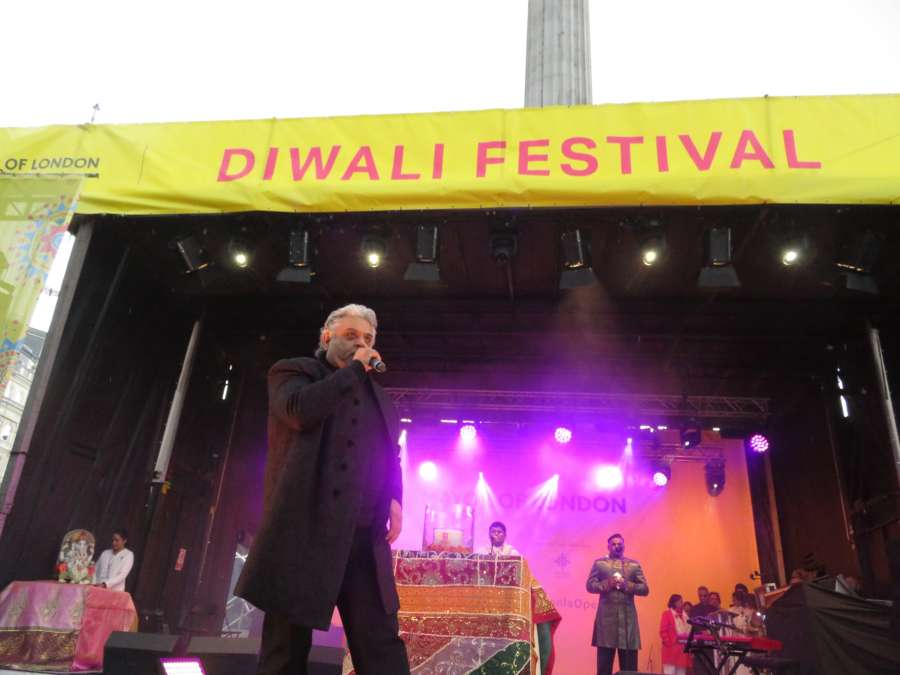
In December 2020, the majority of British Indians were inclined to vote for the Conservative Party. Although Labour retained support in the North West, South East, West Midlands, British Indians across Yorkshire and Humber are inclined to the Conservative and Labour Parties equally (35% respectively). In addition, in the South West, the Liberal Democrats emerged as the strongest party.
When asked if British Indians feel accurately represented by policymakers, only 8% agreed. Many went on to state that historically, the British Indian Diaspora were not vocal about their needs and instead focused on settling into their communities. As a result, feel that current and future generations will continue to be overlooked.
The report highlights five key policy areas British Indians would like to see prioritised by the Government: education (54%), health (52%), environment and climate change (44%), domestic poverty (36%), and equalities and human rights (33%). When asked why British Indians felt these five areas were important, respondents explained that these areas align with their cultural values of giving back to society, or “Seva”, along with the importance of taking care of the vulnerable.
In addition, 4 in 5 British Indians (84%) want the Government to prioritise tackling racism and colonialism. British Indians stand in solidarity with the Black Lives Matter movement calling for resources and capital to promote equality and human rights across all ethnic minorities. Respondents described that they do not find “BAME” a useful concept as the generalisation incorrectly informs the distribution of resources and identity.
Kiran Kaur Manku, Co-Founder of the 1928 Institute and Researcher Fellow at the University of Oxford, said: “This report provides empirical evidence on has found clear patterns between the needs and wants of British Indians. Given that almost three in four British Indians do not feel accurately represented by policymakers at and the 1928 Institute, we would like to see the policy priorities and recommendations urgently be implemented.

“British Indians contribute significantly outlined move from conversation to action. The recently issued ‘race report’ whilst finding no institutional racism in the UK and are calling for rational actions to support society: the national curriculum to include Britain’s colonial legacy and impact, and ethnic minorities task-force the United Kingdom has synergies with embedded ethics our research.”
The report is compiled from three datasets with a survey between 13 July and 18 August, focus groups between 16th and 25th November 2020, and another survey between 16th and 22nd December. The research reflects input from over 2,300 UK respondents aged between 16 and 85 with a mean of 36-40. Respondents have varied employment status and work across various sectors, including defence, professional services, technology, and healthcare.
The 1928 Institute is a newly launched think tank backed by the University of Oxford. Focused on researching and representing members of the UK population, which identify as British Indian- the UK’s largest ethnic minority group, the think tank focuses on uncovering information on key topics which impact this demographic and exploring Indian ideas. With notable members, Parliamentarians, the 1928 Institute aims to ensure the voices of the Diaspora is heard at the highest levels of the UK Government.
READ MORE: #OXYGENFRIENDSHP: India Thanks World For The Support
READ MORE: Priti, Jaishankar sign Migration & Mobility partnership


